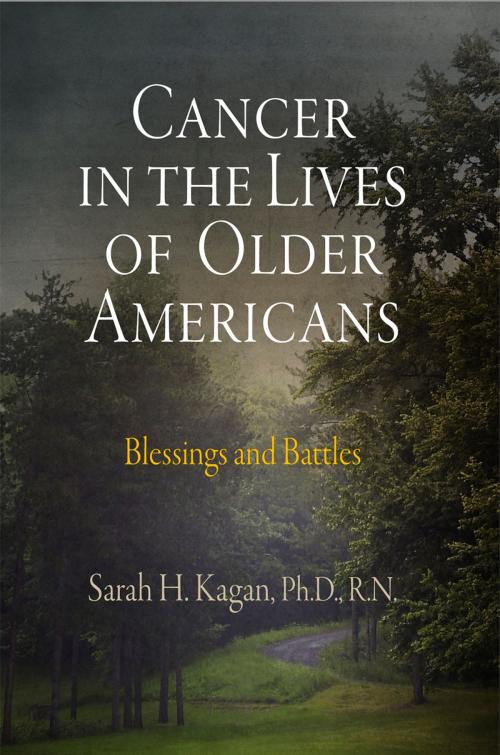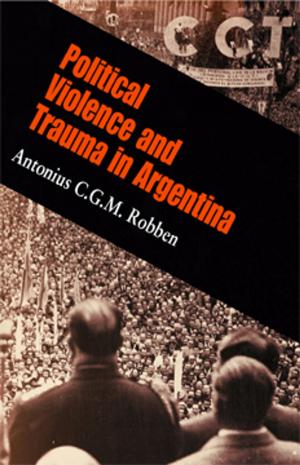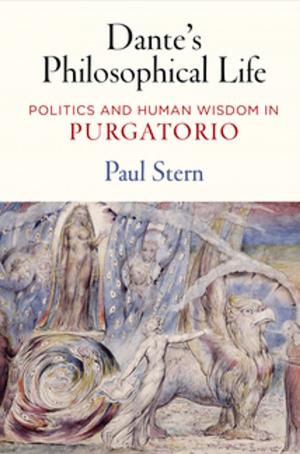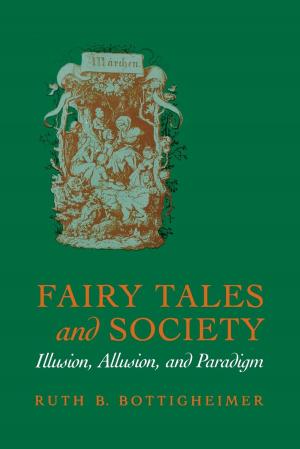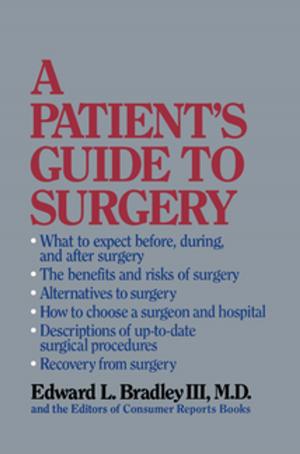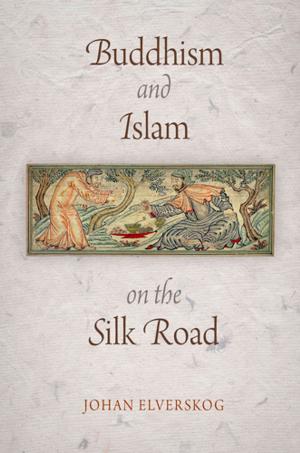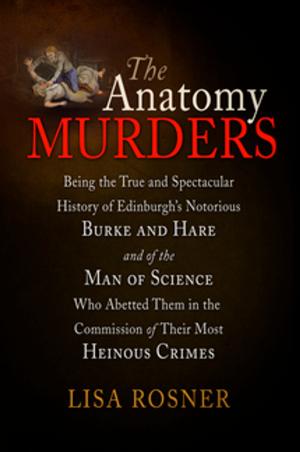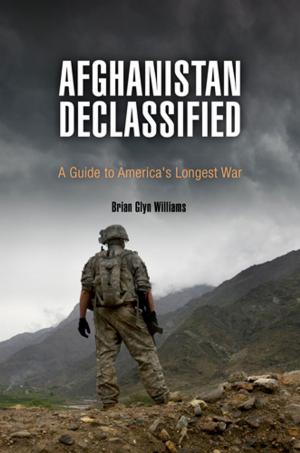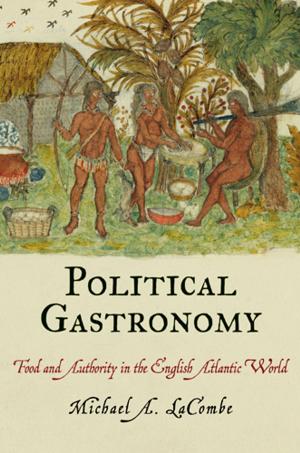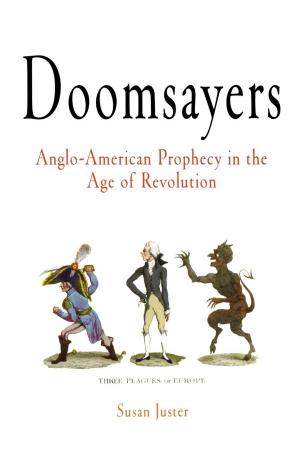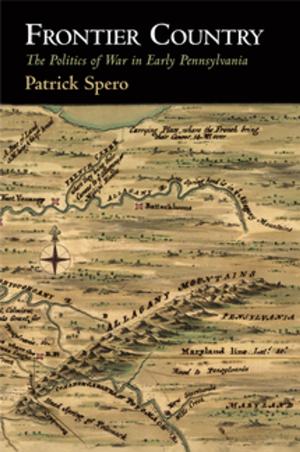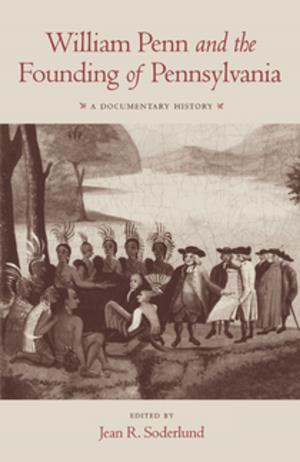Cancer in the Lives of Older Americans
Blessings and Battles
Nonfiction, Health & Well Being, Medical, Nursing, Oncology & Cancer, Health, Ailments & Diseases, Cancer, Social & Cultural Studies, Social Science| Author: | Sarah H. Kagan | ISBN: | 9780812202403 |
| Publisher: | University of Pennsylvania Press, Inc. | Publication: | February 23, 2012 |
| Imprint: | University of Pennsylvania Press | Language: | English |
| Author: | Sarah H. Kagan |
| ISBN: | 9780812202403 |
| Publisher: | University of Pennsylvania Press, Inc. |
| Publication: | February 23, 2012 |
| Imprint: | University of Pennsylvania Press |
| Language: | English |
The "oldest old," individuals aged 85 and above, are the most rapidly growing segment of American society. And although more than a third of cancer occurs in people over 75 years of age, their tumors are less fully diagnosed and often less fully treated than those in younger patients. Ageism may account for this discrepancy—why intervene if an older man or woman with cancer doesn't have long to live anyway? Yet older people often tolerate chemotherapy, surgery, and radiation as well as younger patients, while continuing to maintain their quality of life for years to come.
The lack of clinical trials among this age group results in a deficit of knowledge regarding how to treat cancer in older adults. Little has been written to guide clinicians, social scientists, families, and individuals. In Cancer in the Lives of Older Americans: Blessings and Battles, Sarah H. Kagan writes from the perspective of more than twenty years of practice, inquiry, and education as a nurse. She uses anecdotes and case studies to illustrate important points about cancer among older adults.
The book follows the story of Mrs. Eck, a woman in her 80s diagnosed with pancreatic cancer. Mrs. Eck's situation sets the stage for a discussion of cancer, which too often focuses on cells and drugs, diagnoses and prognoses, without looking more closely at the people who experience the disease. Chapters offer varied assessments of what it means to be old and have cancer in our society, as Kagan explores other real experiences of cancer for older adults alongside information that will prove essential to patients, their families, scholars, and clinicians.
The "oldest old," individuals aged 85 and above, are the most rapidly growing segment of American society. And although more than a third of cancer occurs in people over 75 years of age, their tumors are less fully diagnosed and often less fully treated than those in younger patients. Ageism may account for this discrepancy—why intervene if an older man or woman with cancer doesn't have long to live anyway? Yet older people often tolerate chemotherapy, surgery, and radiation as well as younger patients, while continuing to maintain their quality of life for years to come.
The lack of clinical trials among this age group results in a deficit of knowledge regarding how to treat cancer in older adults. Little has been written to guide clinicians, social scientists, families, and individuals. In Cancer in the Lives of Older Americans: Blessings and Battles, Sarah H. Kagan writes from the perspective of more than twenty years of practice, inquiry, and education as a nurse. She uses anecdotes and case studies to illustrate important points about cancer among older adults.
The book follows the story of Mrs. Eck, a woman in her 80s diagnosed with pancreatic cancer. Mrs. Eck's situation sets the stage for a discussion of cancer, which too often focuses on cells and drugs, diagnoses and prognoses, without looking more closely at the people who experience the disease. Chapters offer varied assessments of what it means to be old and have cancer in our society, as Kagan explores other real experiences of cancer for older adults alongside information that will prove essential to patients, their families, scholars, and clinicians.
